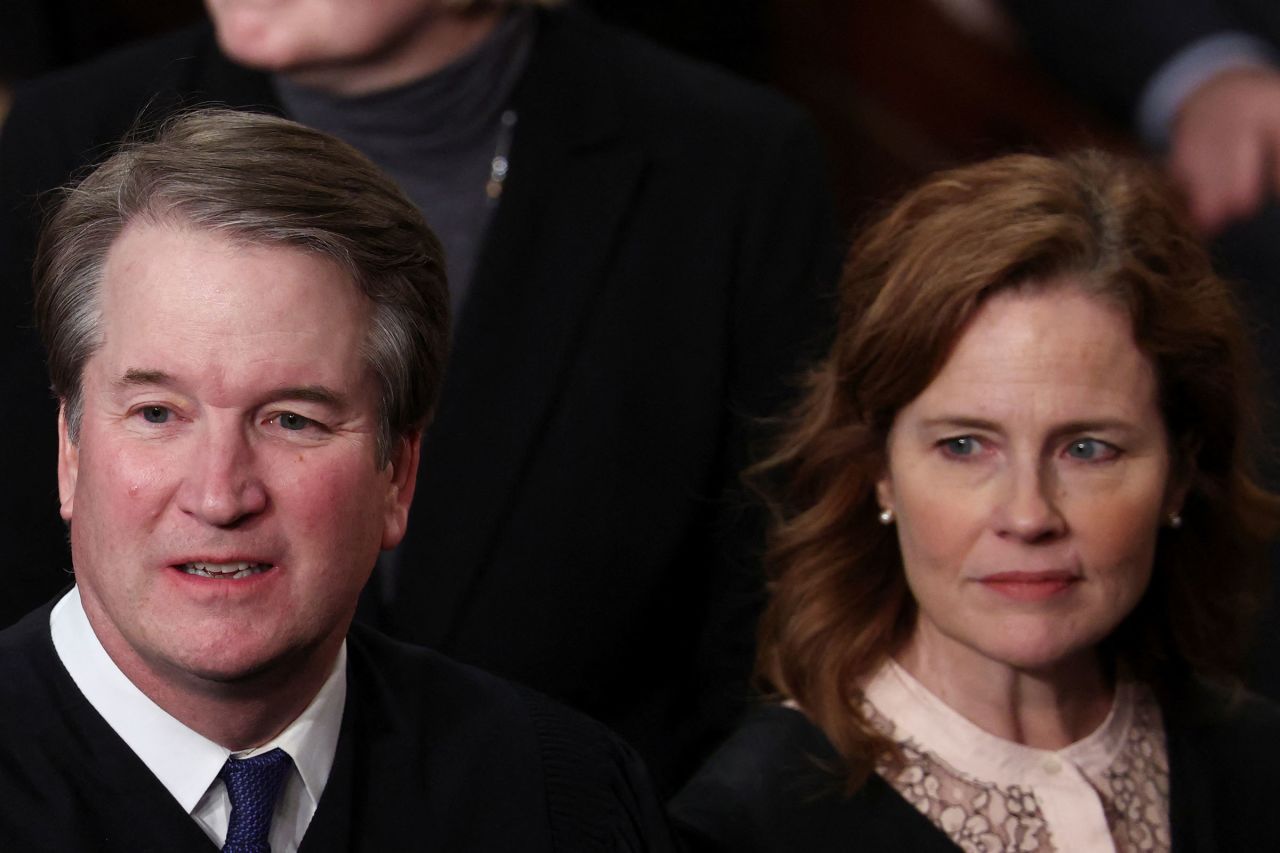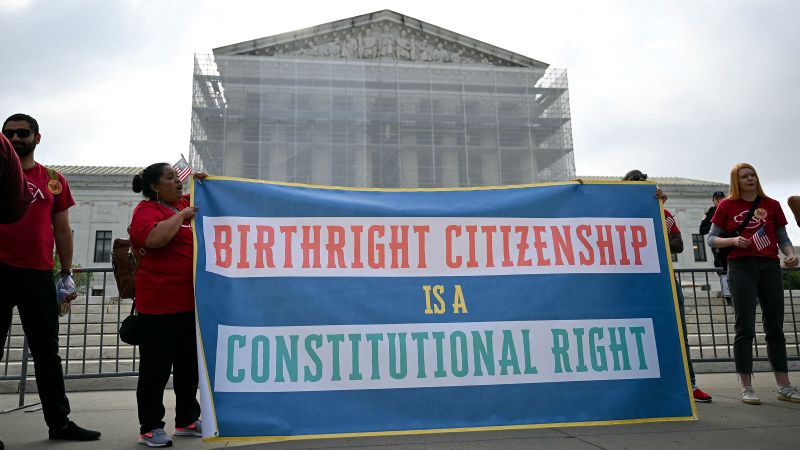
A little more than a year ago, the Supreme Court allowed Idaho officials to temporarily enforce a strict statewide ban on gender-affirming care for most minors.
The one-paragraph ruling – and the 34 pages of separate opinions that accompanied it – may offer some clues into how the justices are thinking about the case before them involving the enforcement of President Donald Trump’s birthright citizenship order.
Like Trump’s case, Idaho’s was also a request to limit the scope of a universal injunction – in that case, statewide instead of nationwide. Like Trump, officials in Idaho complained of “judicial overreach.”
Three of the court’s conservatives – Justices Neil Gorsuch, Samuel Alito and Clarence Thomas – called for “retiring” universal injunctions, which they said might lead to “less drama and excitement” but more humility for the federal bench. Two of the court’s liberals, Justices Ketanji Brown Jackson and Sonia Sotomayor, laid out an argument for mostly not engaging with appeals when lower courts temporary block laws from taking effect.
And then there was Justice Brett Kavanaugh, joined by Justice Amy Coney Barrett, who appeared to be searching for a middle ground answer to the thorny question of how to handle universal injunctions. Kavanaugh said a rule eliminating them “may” be the right answer, but he also suggested such a rule wouldn’t necessarily solve all the problems critics (including Trump) have raised. In other words, Kavanaugh and Barrett appeared to be keeping their options open.
What would happen, Kavanaugh pondered in his concurring opinion, if different appeals courts reached different conclusions about what to do with a contested law that – absent a nationwide order – would then be enforced in one part of the country but not another?
“That disuniformity could often be highly problematic,” he wrote.
The potential for “disuniformity,” as Kavanaugh put it, is precisely what critics say will happen if Trump is allowed to enforce his birthright citizenship order in some states but not others.
One conclusion Kavanaugh reached – and that Barrett has also emphasized – is that the court should “take care” to put a heavy focus on whether the justices are likely to decide a case on the merits before doling out emergency relief from its enforcement. Given that every court to review Trump’s birthright order has ruled against it, it’s not clear how much appetite there is at this point to some day consider the policy’s legality on the merits.
Two justices did not explain their votes in the Idaho case, Labrador v. Poe: Chief Justice John Roberts and Justice Elena Kagan. Both are often viewed as being able to meet in the middle, and both will also be critically important to watch during Thursday’s arguments.

